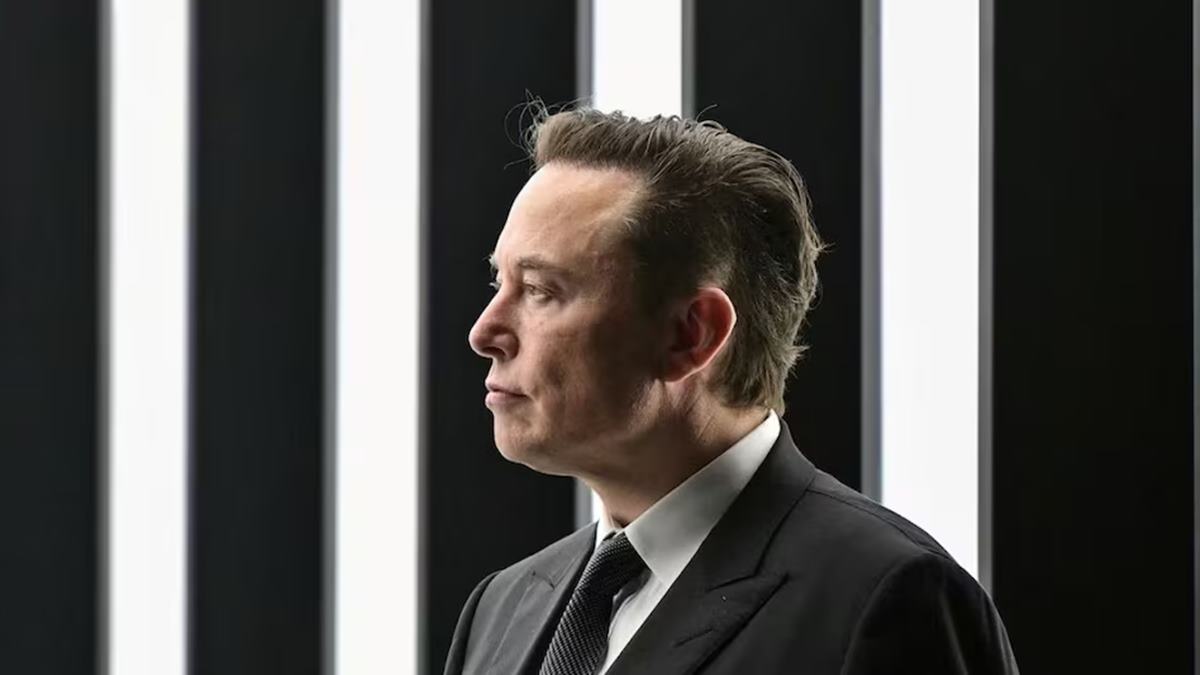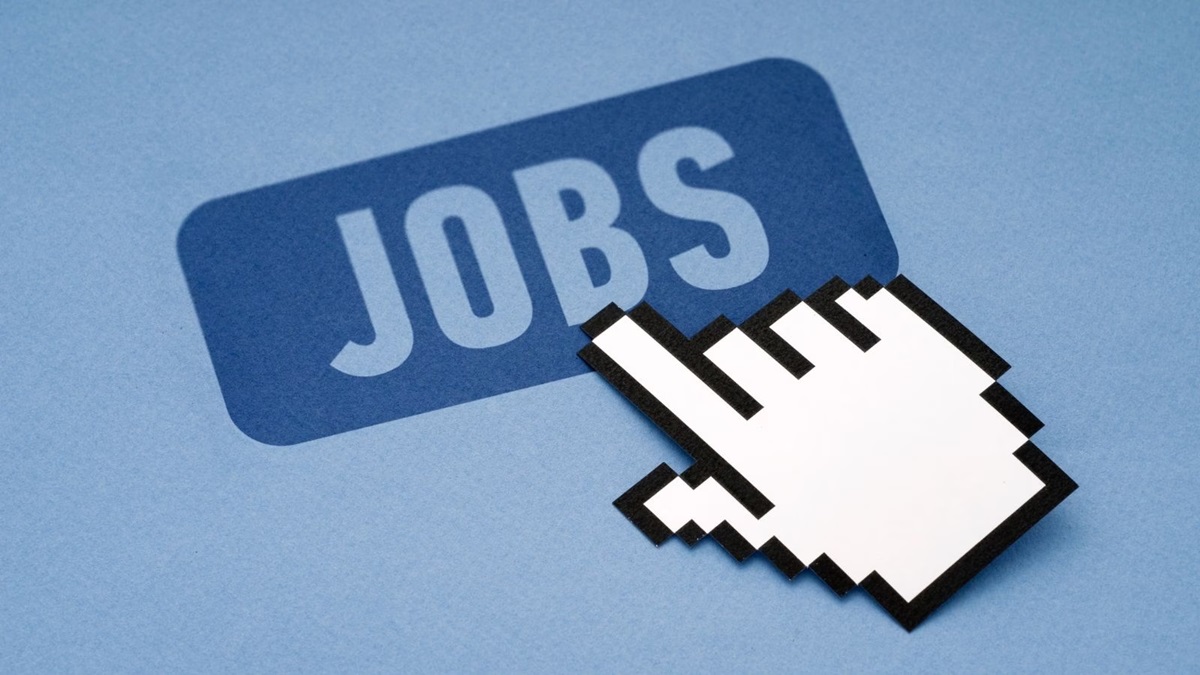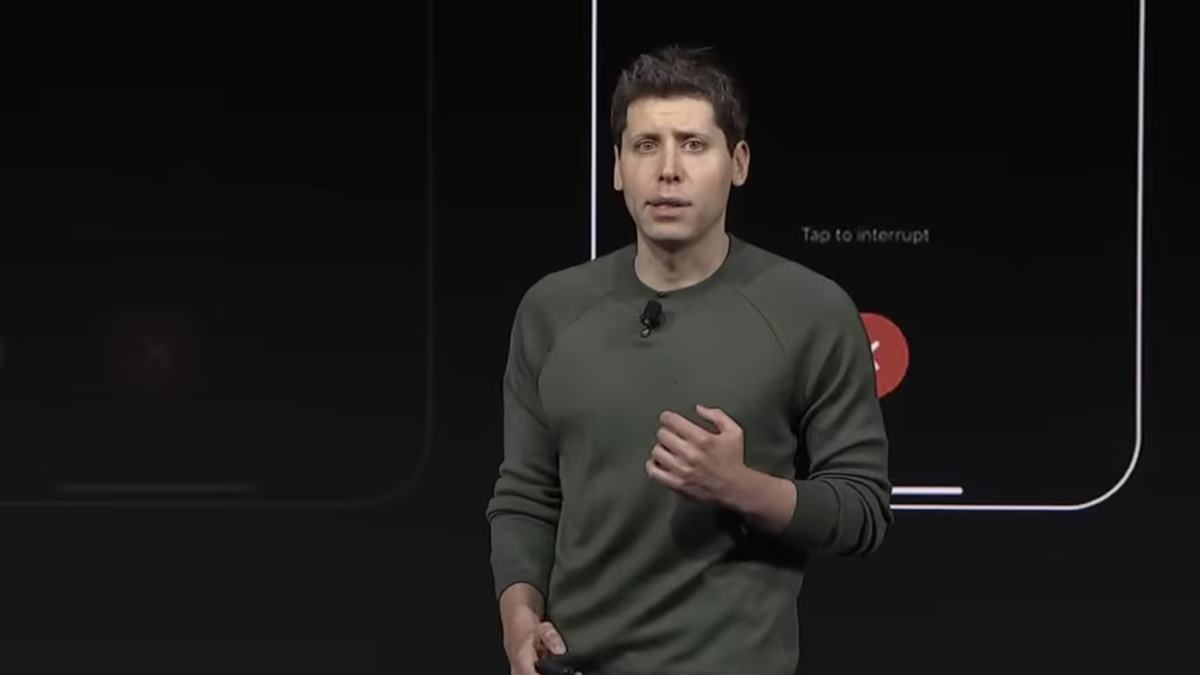GenZ is 1.7 times more likely than previous generations to avoid taking on leadership roles in a bid to safeguard their personal wellbeing. That’s the startling topline conclusion of a recent report from consulting firm DDI. It’s a phenomenon that has been dubbed ‘conscious unbossing’, and it “absolutely aligns” with what David Kochanek has been seeing in the workplace lately. He is Head of Thought Leadership Strategy and Personal Branding at ThoughtLeadership.com. Interestingly, he does not believe the trend is about GenZ rejecting responsibility though. Instead, he says, young people are simply redefining what meaningful work looks like, particularly in high-pressure industries, such as tech:
They’re rejecting the version of leadership that too often comes with burnout, blurred boundaries, and outdated expectations. For many, the cost of climbing the ladder simply doesn’t justify the reward, especially when they’ve grown up watching older generations sacrifice health and work-life balance for titles that don’t always deliver real fulfilment.
Kochanek acknowledges that mental health is a “big factor” here. In fact, research by the Policy Institute at King’s College London and the Orygen Institute in Australia demonstrates public agreement that young people’s mental health is currently worse than it was in years gone by – although there is little consensus over what is causing this situation.
A perfect storm
But Kochanek is not convinced that wellbeing issues provide the whole picture either:
GenZ has grown up in a very different world, which includes more economic uncertainty, more transparency around toxic work cultures, and more access to alternative career paths. They’ve seen enough to know that leadership isn’t just about climbing. It’s about values alignment, purpose and sustainability…It’s also about autonomy and flexibility. GenZ tends to want more ownership over their time and impact, without the layers of admin and people management that come with traditional leadership roles.
Heather Doshay, People and Talent Partner at SignalFire, agrees. The venture capital firm’s ‘State of Talent Report’ reflects DDI’s study, indicating that younger are moving into management positions to a lesser extent than other generations.
In fact, it says, while about 7% of GenX had gained this kind of promotion four years into their career, the same is true of only 2.8% of GenZ today. Doshay believes the reasons behind this shift are complex, with aversion to “adding the emotional labor of management” to their roles being only one factor:
Wellbeing is part of the equation, but it’s not just about burnout or stress. How GenZ defines wellbeing is different. This is a generation that came of age during the rise of social media and the illusion of perfection it projects. Just as they were preparing to enter college and the workforce, a global pandemic hit coupled with political instability, massive layoffs in the tech sector, and now the displacement of entry-level jobs due to shrinking team sizes in the wake of less funding and the advancement of AI. It’s a perfect storm.
Missing the nuance
But Doshay is not convinced that the term ‘conscious unbossing’ is a particularly helpful one:
Framing this as ‘conscious unbossing’ misses the nuance. That phrase makes it sound like GenZ is rejecting leadership roles from a place of choice and privilege when, in reality, the opportunity itself is often out of reach. In my work advising hundreds of founders and executives, I haven’t once heard concerns about Gen Z opting out of management. What I do hear – constantly – is that companies are hiring less, focusing on mid-to-senior level talent, and skipping over early-career hires to stay lean and reduce burn. Even for highly desirable talent like top-tier computer science grads, landing a job today is harder than it was just a few years ago. And without a job, there’s no path to promotion – let alone people management.
Moreover, Doshay says, GenZ currently makes up only 18% of the US workforce, although the figure is expected to jump to 30% by 2030. This means only the oldest third are currently in the workforce – those born between 1997 and 2003:
So, any conclusions about their long-term relationship with leadership are still being determined. We also have to consider the delayed retirement patterns of GenX and Millennials. Many are staying in the workforce longer due to financial constraints. This means the leadership pipeline isn’t necessarily depending on GenZ – at least not yet.
Fast forward to 2050 and you might see a Millennial at age 60 managing a Gen Alpha worker of 35, while a significant portion of Gen Z is potentially bypassed. In a world where AI continues to augment more of the workforce, we could be looking at a ‘lost’ generation of leaders.
Dealing with different expectations
To reinforce the point, Dorshay points to SignalFire’s State of Talent Report. This indicates that the average tenure of a Gen Z employee is 1.1 years compared to 2.2 years for GenX. While some of this fall is due to layoffs, she also believes it reflects a shift in how GenZ views careers:
Many aren’t staying long enough to be considered for leadership roles. Whether that’s by choice or a response to unstable work environments is up for debate. But either way, it complicates the narrative around ‘opting out’.
Nirit Peled-Muntz is Chief People Officer at HR software provider, HiBob. In her view, far from opting out, GenZ is as “ambitious and driven” as any other generation. As a result, while some may be interested in becoming managers, others are keen to pursue alternative routes – but are more prepared than other generations to say so:
GenZ talks about work differently and has different expectations. They’re looking to make an impact and do something meaningful for the organization and society. Also, for them the world is wide open: they can work from anywhere and are happy to have non-linear careers.
The world is changing around them and jobs are changing all the time, which requires new skills. So, they understand they have to keep themselves relevant and healthy, and they understand the psychological contract. In the past, it was about having a good job and staying employed. Now it’s about having a job and keeping yourself relevant.
A shift to non-linear careers
Kochanek is likewise seeing a shift towards non-linear careers among those opting out of adopting more formal leadership roles. He explains:
Many are gravitating toward specialist positions, freelancing, creative side hustles, or project-based work where they can have influence without needing to manage a team full-time. And tech employers are starting to take notice, though I wouldn’t say the response has been uniform.
Another alternative route is for young people to set up their own companies – despite the apparent contradiction in doing so in wellbeing terms, which includes subjecting themselves to long hours. But Kochanek points out that fewer are doing so than was the case in past generations, and the “entrepreneurial piece is more nuanced”. He suggests:
This may reflect a more measured, values-driven approach, and not a lack of ambition. Many are still building things but in collaborative, lower-risk ways: through side projects, creator platforms, decentralized autonomous organizations, or start-ups within start-ups. That shift might slow down the volume of flashy unicorn launches but it could also lead to more sustainable, purpose-led innovation.
Dorsay, on the other hand, is not so sure the number of young people building start-ups is in real decline:
Many are founding companies, recruiting their peers, and working 60+ hour weeks as founders and CEOs. Many of them are also more energized by in-office culture than older colleagues, who now prefer hybrid or remote models. They’re energized to get out there and make connections around something meaningful and, for many, it’s about work. It’s not the large majority founding companies, but I see it every day in my role. The average age of a founder has gone up over the last 15 years, but that doesn’t mean young people aren’t building companies. It just means founding them isn’t exclusive to the young anymore.
In the second of this two-part series, I explore what tech employers can do to ensure they make the most of their young talent and do not end up with unmanageable holes in their leadership pipeline.
Source – https://diginomica.com/conscious-unbossing-genz-really-saying-no-management-roles




















